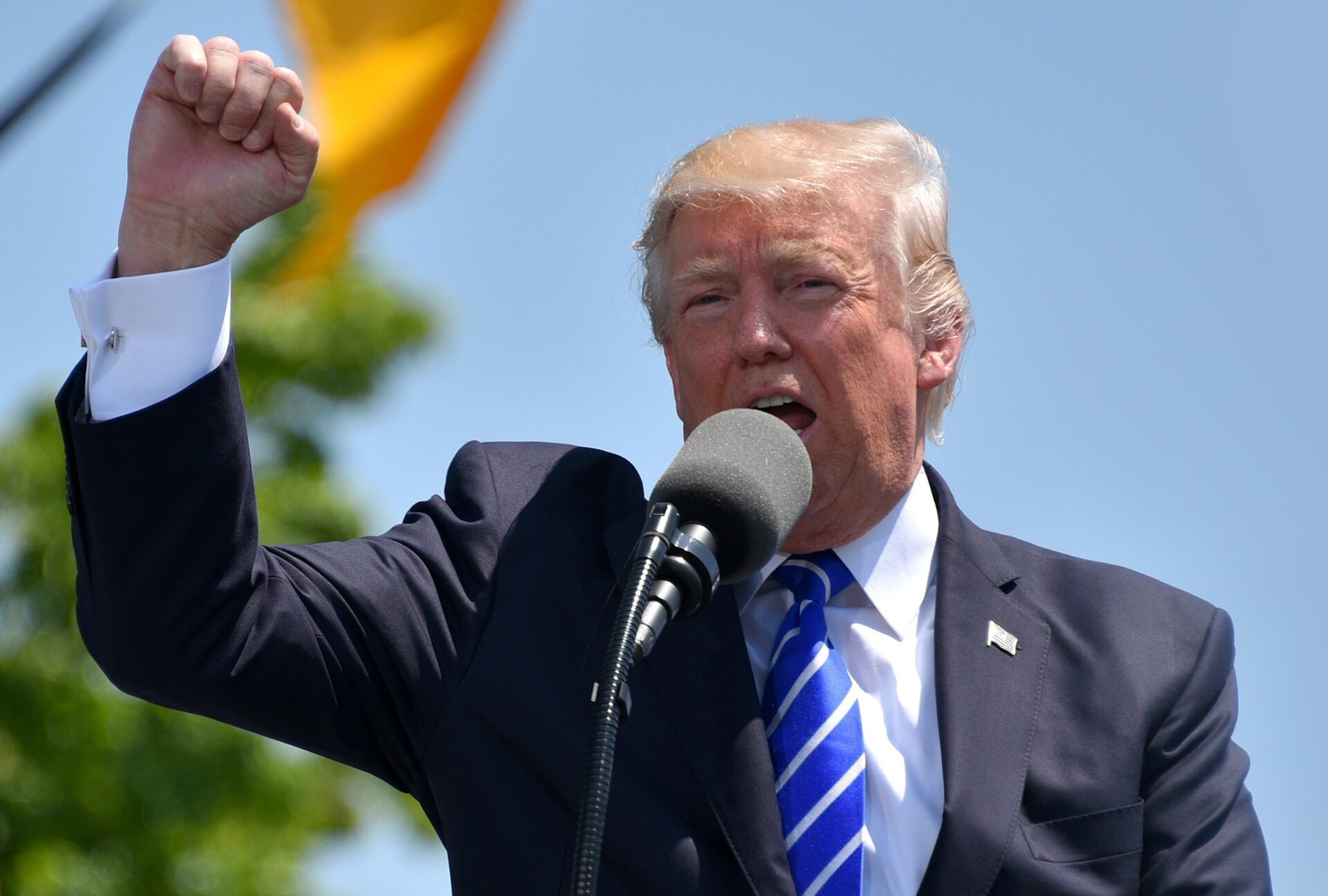Key Takeaways:
- Inflation has climbed at a pace unseen since January, making families uneasy.
- President Trump insists he “took care of” inflation, but costs keep rising.
- Many Americans report paying hundreds more each month for basics.
- Experts warn that ignoring inflation risks backfiring on Republicans.
- History shows voters punish parties when living costs soar.
Why Inflation Matters to Everyone
Inflation affects your wallet every day. When prices rise, you pay more for food, gas, and rent. Recently, inflation rose faster than at any time so far this year. Yet President Trump says, “Inflation is already taken care of.” However, millions disagree. In fact, a new poll found that 75 percent of people see their bills jump by as much as $749 each month. As costs go up, so do worries. And that worry could spell trouble for Republicans.
Trump’s Inflation Claims vs. Reality
President Trump held a roundtable at the White House and claimed, “There is virtually no inflation.” He spoke as if people should simply trust him. However, on the ground, families feel the pinch of rising costs each time they shop. Moreover, experts point out that official numbers often lag behind real life. Therefore, when Trump says inflation is under control, many see it as out of touch.
On the other hand, former President Biden’s team touted good economic stats during high inflation in the pandemic. They, too, said things looked strong. Yet people still felt gas and grocery prices climb. As a result, voters blamed that administration. Now, Trump faces a similar gap between words and reality.
Why Rising Costs Matter to Americans
Every month, families balance paychecks against bills. When the price of a gallon of milk or a fill-up at the pump goes up, that balance tips. A single-parent might skip meat to save money. A retiree might cut back on medicine. Students may choose cheaper lunches at school. In short, inflation reshapes daily life.
Furthermore, young adults delaying big purchases notice inflation too. They think twice before buying a car or moving out. In fact, 75 percent of poll respondents said their monthly spending rose by hundreds of dollars. Therefore, even small family budgets break under rising costs.
Lessons from the Past
History shows that high inflation can sink political careers. In the 1970s, Americans faced double-digit inflation. Leaders who ignored the problem found themselves out of office. More recently, during the pandemic, rapid price hikes cost Democrats key seats in Congress and state houses. As a result, many believe that no matter your party, you must address inflation head-on.
Now, Republicans risk repeating that mistake. Trump’s claim that inflation is “taken care of” echoes past denial. Meanwhile, voters see their own eyes: empty shelves, higher bills, and savings that don’t stretch as far. Importantly, you cannot convince everyone that rising costs feel fine simply by citing good statistics.
The Political Risk for the GOP
Columnist Heather Digby Parton calls inflation a “ticking time bomb” for Republicans. She argues that ignoring the problem will hurt the party in upcoming elections. Indeed, many voters blamed President Biden for high prices in 2022. That factor alone shifted control of the House and Senate in midterms. Now, Republicans could face a similar backlash if they downplay inflation.
Moreover, economists say both parties share some blame for today’s inflation. Yet only to a degree. Supply chain snags and global events play roles too. However, when people pay more and earn the same or less, they hold leaders accountable. Trump may be a master at pushing his message. Still, he cannot override the everyday experience of rising costs.
What Comes Next for Inflation
Experts suggest several steps to tame inflation. First, the Federal Reserve can adjust interest rates to slow spending. Second, Congress can improve supply chains and support key industries. Third, leaders must communicate honest plans to curb prices. Without clear action, people grow more frustrated each month.
In addition, businesses can help by keeping prices fair. Some large firms have pledged to avoid sudden price hikes. Yet only time will tell if those efforts stick. Meanwhile, households continue to search for deals and budget hacks. As a result, community sharing and local swaps gain popularity.
Finally, voters will watch closely how elected officials handle inflation. If they offer solid plans and real relief, they earn trust. If they dismiss concerns, they risk losing voters. After all, when bills arrive, people care more about their bank accounts than political slogans.
FAQs
What exactly is inflation?
Inflation means prices for goods and services go up over time. When inflation is high, your money buys less than before.
How does inflation hit family budgets?
Inflation makes everyday items more expensive. Families may spend more on groceries, gas, and rent, leaving less money for other needs.
Why does a president’s stance on inflation matter?
People expect leaders to keep the economy stable. If costs rise and leaders deny the problem, voters lose confidence in them.
What can be done to fight inflation?
Policymakers can raise interest rates, improve supply chains, and promote fair business practices. Honest communication about plans also helps.
